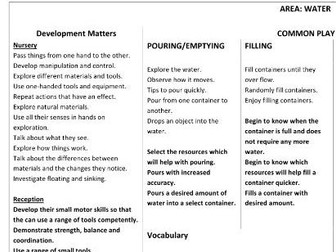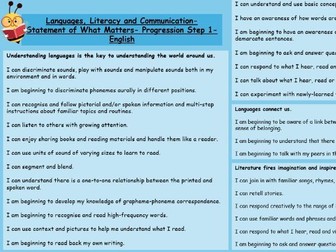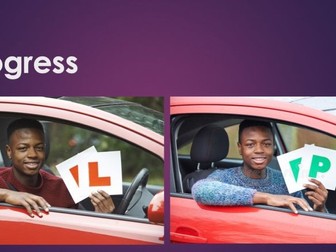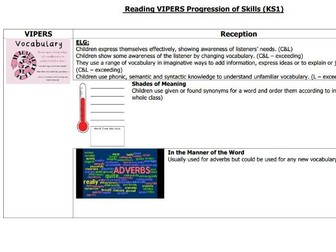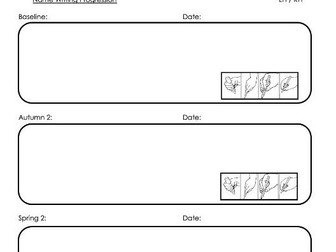
Pupil Progress Tracking Spreadsheet
This tool allows anyone - teacher, phase leader, SLT - to track the termly progress of pupils in different classes.
There are 3 data drops: Autumn, Spring and Summer.
On each tab, it asks the class teacher for:
Summary of interventions: What worked and what didn’t?
Which children, despite specific intervention being in place, do not appear to be making significant progress?
**Identify those children highlighted during the Appraisal process requiring accelerated progress (KS1 data) to be made and reflect upon the progress they have made since September. **
**How are your Pupil Premium children and children with SEN performing? **
Percentages estimated at the end of the year
I have put in formulas so percentages are worked out automatically.
Obviously, this form can be edited to suit your school.


